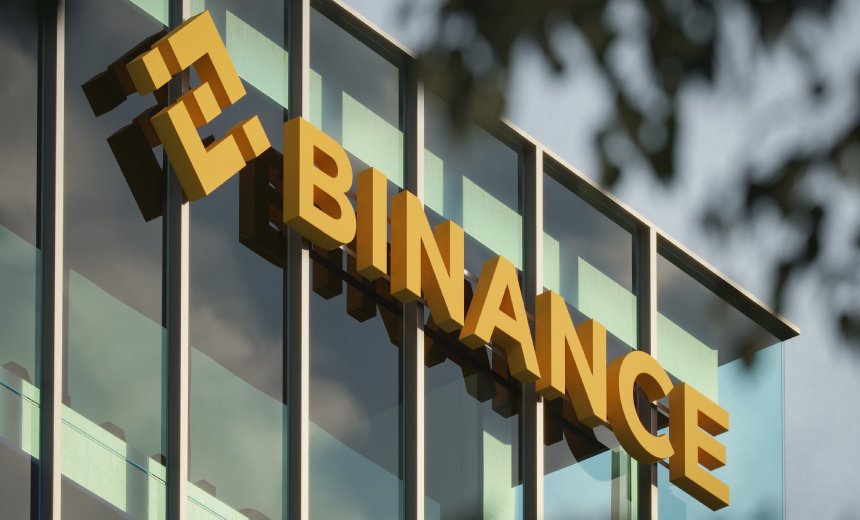Cryptocurrency Fraud
,
Fraud Management & Cybercrime
,
Standards, Regulations & Compliance
Cryptocurrency Platform Facilitated Sanctions Violations, Cyber Criminal Proceeds

The world’s largest cryptocurrency exchange will withdraw from the U.S. market after its chief executive officer pleaded guilty to felony money laundering charges in a U.S. court and the company agreed to pay $4.3 billion into federal coffers.
See Also: Live Webinar | Generative AI: Myths, Realities and Practical Use Cases
Now-former Binance CEO Changpeng Zhao, known in cryptocurrency circles as CZ, appeared in Seattle federal court to cop to multiple criminal violations of anti-money laundering statute, court filings show. The cryptocurrency icon resigned from any managerial or operational role in the company, will pay a $50 million fine and faces sentencing at a later date. Zhao has a personal fortune estimated at around $17 billion (see: Binance Chief Resigns in Money Laundering Plea Deal).
“From the very beginning, Zhao and other Binance executives engaged in a deliberate and calculated effort to profit from the U.S. market without implementing the controls required by U.S. law,” said Attorney General Merrick Garland in an afternoon press conference.
In addition to its $4.3 billion payment, today’s plea agreement with Binance required the company to plead guilty to operating an unlicensed money transmitting business and violating sanctions against Iran. The settlement ends investigations by the departments of Justice, Treasury and civil litigation by the Commodity Futures Trading Commission. A third-party monitor overseen by Treasury’s Financial Crimes Enforcement Network will “ensure Binance’s complete exit from the United States,” Treasury Secretary Janet Yellen said during the press conference.
The platform facilitated billions of dollars of unregulated cryptocurrency transactions, Garland said, including transactions with Iranian nationals, users in Syria and in Russian-occupied territories in Ukraine. Terrorist groups including Hamas’s Al-Qassam Brigades, Palestinian Islamic Jihad, Al Qaeda and ISIS all transacted on Binance, federal officials said.
Cybercriminals used Binance through direct transfers of $106 million into Binance wallets from Russian darknet marketplace Hydra before law enforcement shuttered the criminal underground site in April 2022. The platform also processed more than $275 million in deposits – and $273 million in withdrawals – for Bestmixer, a service that pooled and randomly distributed cryptocurrency in a bid to make tracing stolen cryptocurrency hard or impossible. European police closed down Bestmixer in May 2019.
Under the company’s plea deal, it will retroactively look for suspicious transactions and report them to Treasury.
Binance has appointed Richard Teng as the new CEO. Teng previously served as the global head of regional markets. In an statement posted online, the company said it has improved its anti-money laundering controls. It also now requires users to submit identification and a photograph. The settlement will “allow our company to turn the page on a challenging yet transformative chapter of learning and growth.”
A civil lawsuit initiated by the Securities and Exchange Commission in June against Binance’s U.S. affiliate is still ongoing. A spokesperson said the commission had no comment about today’s settlements. The SEC alleges that Zhao and Binance comingled investor assets, artificially inflated trading volume and sent billions of dollars of customer money to a third party owned by Zhao. Close observers say the SEC lawsuit could hold the potential to further damage Binance.
U.S. financial institutions responded to the SEC lawsuit by cutting Binance off from the American banking system, leading to turmoil in the company that included an exodus of top executives. Bloomberg in late October reported that trading volumes are down by 38% this year.
Federal regulators have clamped down on the freewheeling world of digital currency in criminal prosecutions and civil lawsuits that gained momentum over the past two years. “The message here should be clear,” Garland said. “Using new technology to break the law does not make you a disruptor, it makes you a criminal.”
